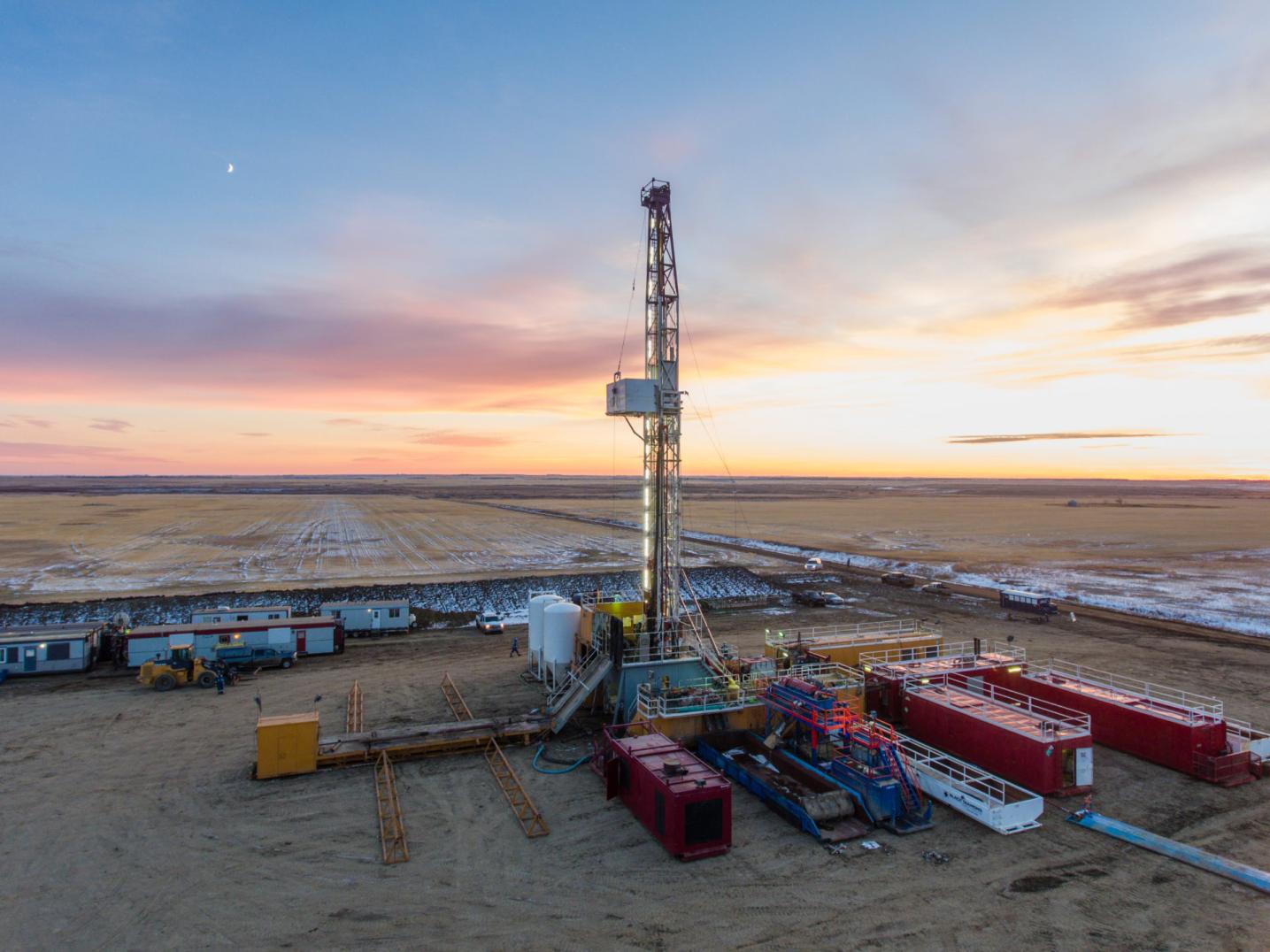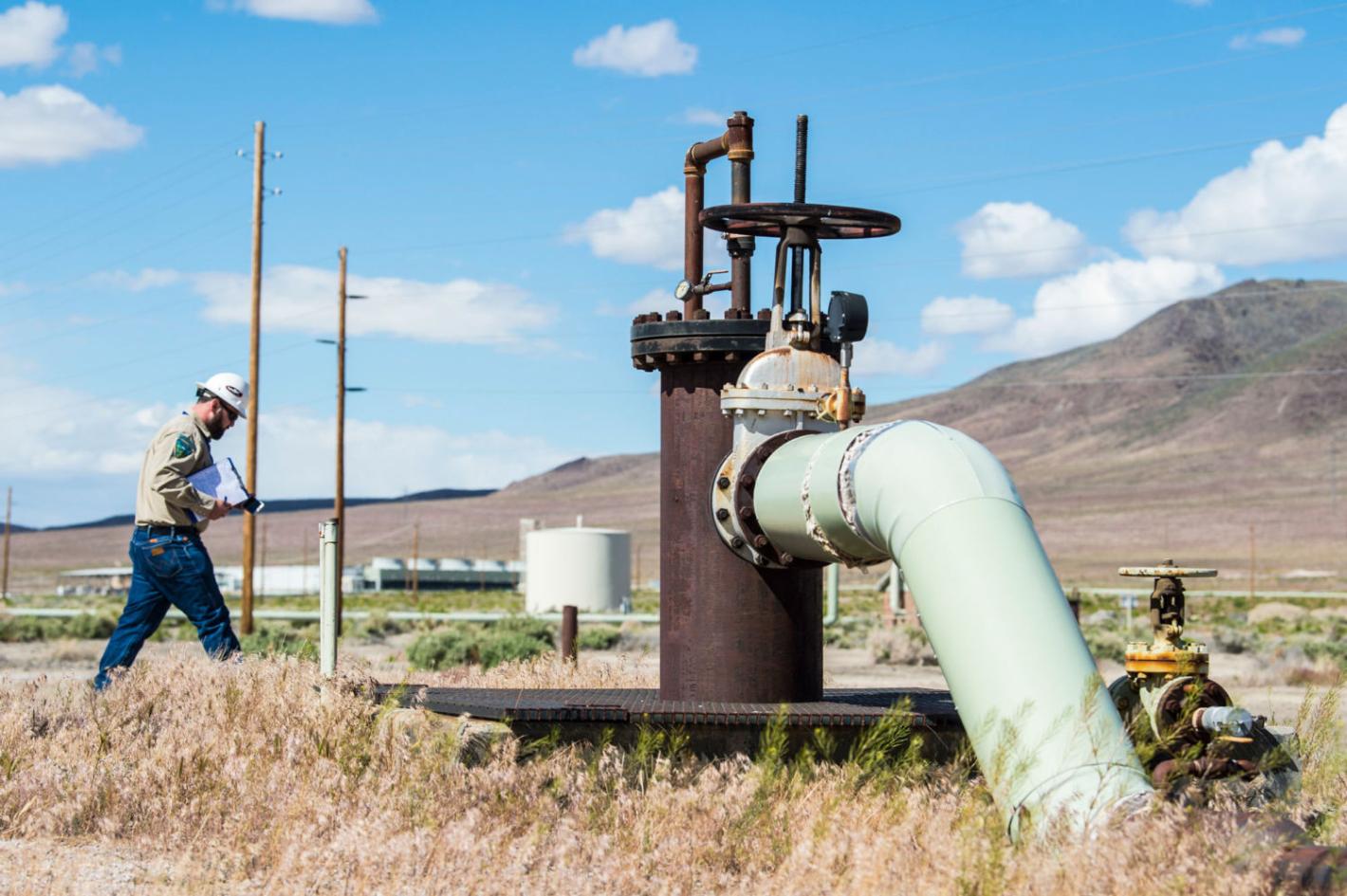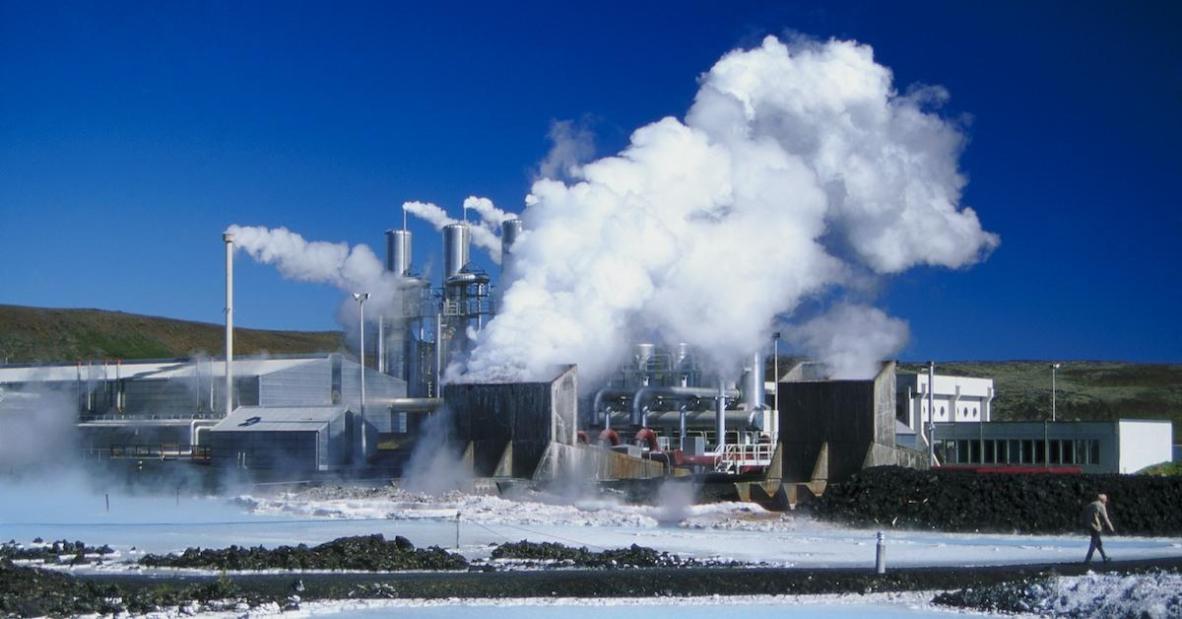How Geothermal Energy Can Contribute to a Clean Energy Future
As the world grapples with the urgency of climate change, the pursuit of clean and sustainable energy sources has become paramount. Among the renewable energy options, geothermal energy stands out as a promising contender, offering a reliable and environmentally friendly alternative to fossil fuels.

Benefits Of Geothermal Energy
Environmental Sustainability:
- Geothermal energy is a renewable and sustainable source of energy, derived from the Earth's internal heat.
- It has a minimal carbon footprint, producing negligible greenhouse gas emissions during electricity generation.
- Geothermal resources are long-term and reliable, providing a steady supply of energy independent of weather conditions.
Economic Advantages:
- Geothermal energy is cost-effective compared to traditional fossil fuels, offering long-term cost stability.
- It has the potential to create jobs and stimulate economic development in regions with geothermal resources.
- Geothermal energy can reduce reliance on imported energy sources, enhancing energy independence and security.
Technological Advancements
Enhanced Geothermal Systems (EGS):
EGS technology aims to unlock the vast potential of geothermal energy by creating artificial reservoirs in hot rocks.
- EGS has the potential to significantly increase the availability of geothermal resources.
- Ongoing research and development efforts are addressing the challenges associated with EGS technology.
Geothermal Heat Pumps:
Geothermal heat pumps utilize the Earth's constant temperature to provide efficient heating and cooling for buildings.
- Geothermal heat pumps offer energy savings and reduced carbon emissions compared to traditional HVAC systems.
- They are becoming increasingly popular in residential and commercial applications.
Global Case Studies
Iceland:
Iceland is a global leader in harnessing geothermal energy for heating and electricity generation.
- Over 90% of Iceland's electricity and a significant portion of its heating needs are met by geothermal energy.
- The country aims to become carbon-neutral by 2040, largely relying on geothermal energy.
Kenya:

Kenya has abundant geothermal potential and is actively developing geothermal power plants.
- Geothermal energy contributes significantly to Kenya's electricity generation, reducing reliance on fossil fuels.
- The development of geothermal energy has had a positive impact on Kenya's economy and energy security.
Challenges And Opportunities
Exploration And Development:
Exploring and developing geothermal resources can be challenging due to geological complexities and high upfront costs.
- Government policies and incentives can play a crucial role in supporting geothermal energy development.
- Collaboration between industry, academia, and policymakers is essential to overcome these challenges.
Public Awareness And Acceptance:

Raising public awareness about the benefits of geothermal energy is vital for its widespread adoption.
- Addressing misconceptions and concerns related to geothermal energy is crucial to gain public acceptance.
- Educational campaigns and public outreach programs can help increase understanding and support for geothermal energy.
Geothermal energy offers a clean, sustainable, and cost-effective solution to the global energy crisis. With technological advancements and increasing public awareness, geothermal energy has the potential to play a significant role in achieving a clean energy future. Increased investment and support for geothermal energy research and development are essential to unlock its full potential and contribute to a more sustainable and environmentally friendly energy landscape.
YesNo

Leave a Reply